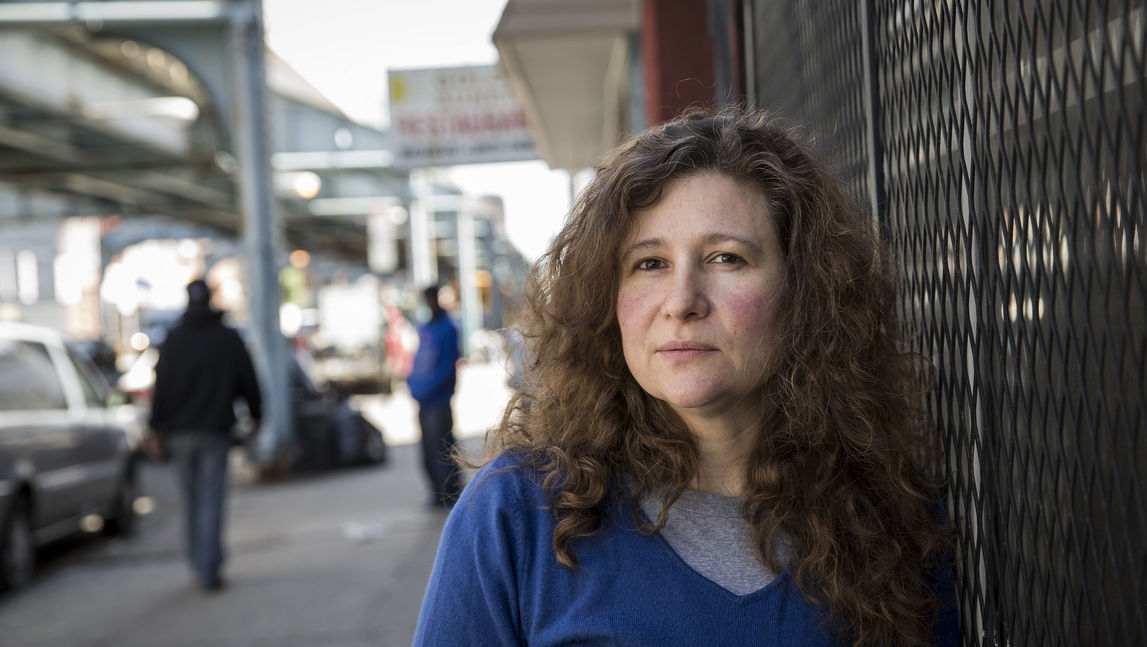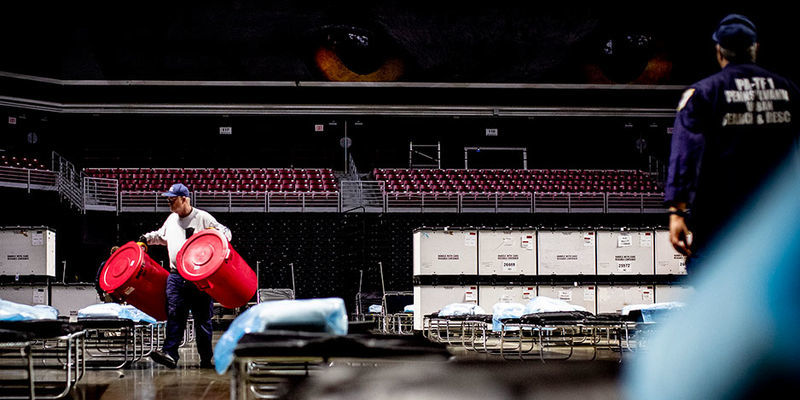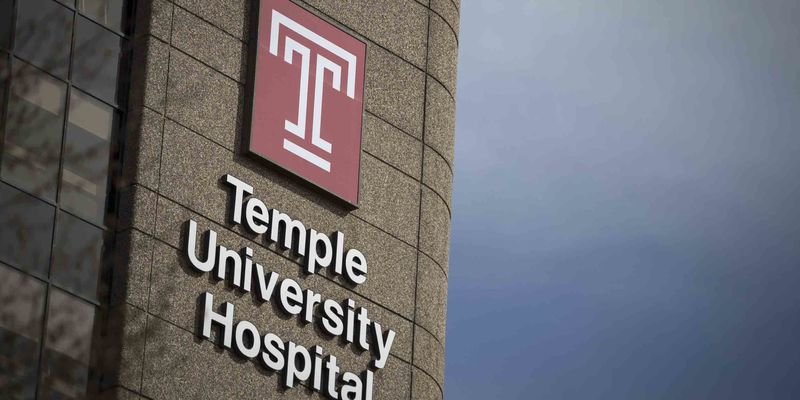Panel highlights COVID-19 and substance use disorder
An expert panel led by Temple’s College of Public Health brought together professionals from the field of substance use treatment to discuss the implications of the COVID-19 pandemic on individuals with substance use disorder.

As part of its COVID-19: Beyond the Biology virtual series, Temple’s College of Public Health on May 13 hosted an expert panel centered on the implications of the COVID-19 pandemic on individuals with substance use disorder.
The panel was moderated by Associate Professor of Social and Behavioral Sciences Sarah Bass, director of the college’s Risk Communication Lab, and featured Silvana Mazzella, SSW ’00, CLA ’05, associate executive director of Prevention Point Philadelphia, which is based in Philadelphia’s Kensington neighborhood and provides key public health services for individuals with substance use disorder; Paolo del Vecchio, SSW ’85, ’86, director of the Office of Management, Technology, and Operations for the Substance Abuse and Mental Health Services Administration (SAMHSA) within the U.S. Department of Health and Human Services; Chris Barnett, CLA ’10, chief executive officer of ICBD Holdings and founding partner for GateHouse Treatment and member of the College of Public Health Board of Visitors; and Sam MacMaster chief science officer for GateHouse Treatment and adjunct associate professor at Baylor College of Medicine in Houston.
“The emergence of the novel coronavirus is an unprecedented public health event,” Bass said in opening the panel discussion, setting the scene with the current COVID-19 data available nationally and internationally.
She added that there are roughly 1,000 confirmed cases of COVID-19 in the ZIP codes encompassing Philadelphia’s Kensington neighborhood, where many of the city’s population facing opioid use disorder is concentrated, but that the number is likely underreported due to high rates of homelessness in the area.
Mazzella, of Prevention Point, outlined several steps Prevention Point has taken in response to the pandemic and described how the organization has ensured continuation of its most essential functions, including its syringe services program, overdose prevention training and Narcan provision, and medication-assisted treatment program.
She said that in addition to COVID-19, Prevention Point is concerned with preventing the spread of other infectious diseases that disproportionately affect people who inject drugs.
“We’ve drastically increased the number of syringes given out per person, per interaction,” Mazzella said. “We’re very concerned about the ongoing outbreak of HIV among people who inject drugs that we’ve been seeing for the past two or three years throughout the country, and we want to make sure that doesn’t get exacerbated by COVID.”
Mazzella said that Prevention Point has been providing phone and telehealth visits for many clients who would normally come into the organization’s clinic for healthcare.
Del Vecchio, of SAMHSA, focused on future implications for addiction and mental health across the U.S., as unemployment rates skyrocket and the economic impact of the COVID-19 pandemic continues to evolve.
“A study that just came out ... indicated that we’re likely to see a massive wave of people with addiction and people with mental illness in the wake of this COVID epidemic,” del Vecchio said. He added that social distancing regulations put in place due to the pandemic have revolutionized the way that addiction and mental health treatment are provided via telehealth, instead of traditional in-person services.
He said people with addiction are in “double jeopardy” during the pandemic. In response, SAMHSA’s website has compiled a list of resources for addiction and mental health.
Barnett said that his organization, which provides addiction treatment in New Hampshire, started planning for the pandemic’s impacts early. The organization has already seen a significant increase in admissions compared with the same time last year, he said.
“Our admissions are way up, [clients leaving against medical advice] are way down, missed services are way down,” Barnett said. “The clients are engaging in services.”
The panel was part of the College of Public Health’s ongoing series of COVID-19 coverage and updates. A recording of the panel and of other sessions is available online.
—Morgan Zalot



